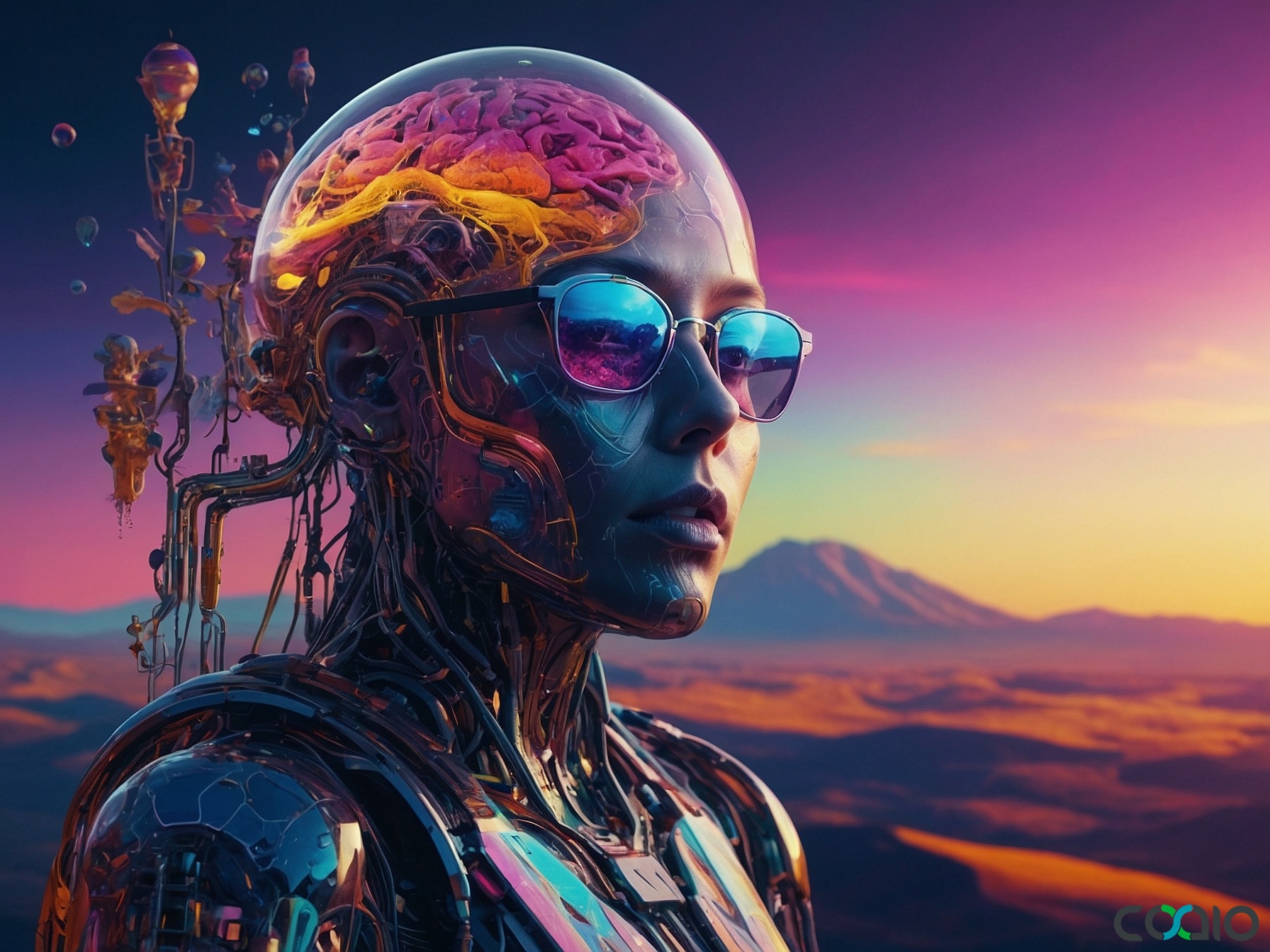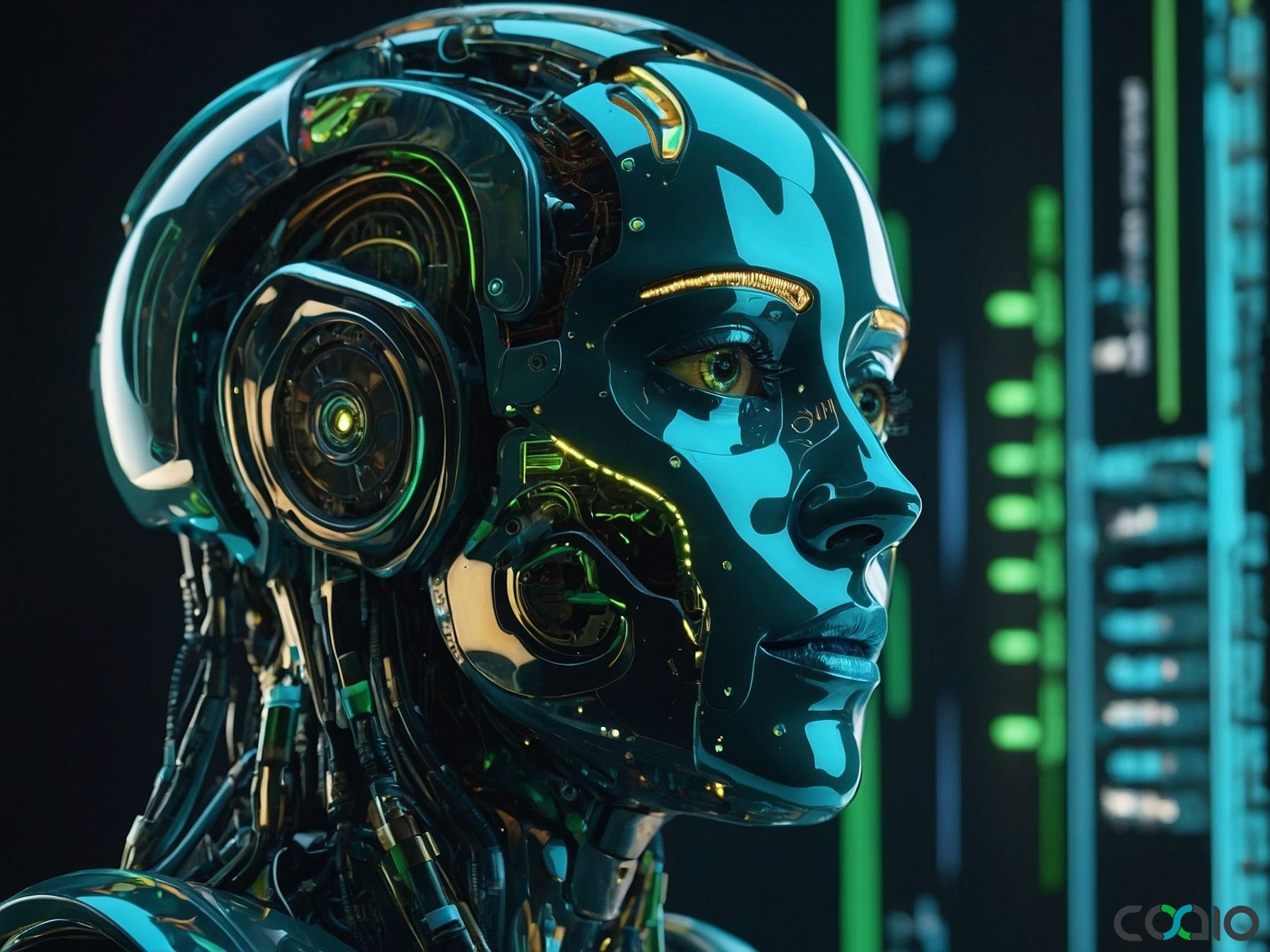
AI Innovations Transforming Software Development in 2025
In the fast-paced world of technology, software development continues to evolve at an unprecedented rate, driven by advancements in artificial intelligence, infrastructure, and investment. As of October 10, 2025, the latest news highlights how major players are pushing boundaries to enhance efficiency, accessibility, and innovation in coding and deployment processes. This article dives into key developments from Atlassian, Google, Microsoft, and emerging AI ventures, exploring their implications for developers and businesses alike. These updates not only streamline workflows but also underscore the growing need for specialized outsourcing to manage complex projects effectively.
Atlassian’s Rovo AI Assistant Gets Major Upgrades
Atlassian’s annual user conference, Team ‘25 Europe, held in Barcelona, showcased significant enhancements to their generative AI assistant, Rovo. According to reports from SD Times, Atlassian is doubling down on AI integration to boost productivity for teams using tools like Jira and Confluence. The updates include new AI-powered skills that automate routine tasks, such as code suggestions, bug detection, and even project forecasting. This means developers can spend less time on mundane activities and more on creative problem-solving.
For instance, Rovo now features advanced “smarts” that learn from team interactions, providing personalized recommendations based on historical data. This is particularly relevant for software development teams facing tight deadlines, as it reduces errors and accelerates iteration cycles. As SD Times reports, Atlassian’s CEO emphasized the company’s commitment to AI, stating, “With so many customers embracing our AI vision, we’re not slowing down.” These improvements could revolutionize how startups build scalable applications, making AI an indispensable ally in modern development.
The broader impact on software development is profound. By automating repetitive tasks, tools like Rovo allow developers to focus on high-level strategy, potentially cutting development costs by up to 30% in some cases. This shift towards AI-driven efficiency highlights the competitive edge that integrated tools provide, especially for growth-stage companies navigating market demands.
Google’s Gemini CLI Expands with New Extensions
Google is making waves in the developer ecosystem with the launch of extensions for its Gemini CLI, aimed at simplifying interactions between various development tools. As detailed in SD Times, these extensions come with built-in playbooks that guide the CLI on how to use tools effectively, eliminating the need for manual configurations. This means developers can seamlessly connect Gemini with services like cloud storage, version control systems, or even custom APIs, streamlining workflows from ideation to deployment.
The extensions package detailed instructions and protocols, such as MCP (Machine Communication Protocols), which ensure compatibility and security. For software developers, this is a game-changer, as it reduces the friction often associated with tool integration. According to the SD Times article, Google’s initiative is designed to make AI more accessible, allowing even non-experts to leverage advanced capabilities. Imagine a scenario where a developer can query Gemini to optimize code in real-time or automate testing across multiple environments with minimal effort.
This development aligns with the ongoing trend of democratizing AI in software creation. By lowering barriers to entry, Google is fostering an environment where smaller teams can compete with larger enterprises. The result? Faster innovation cycles and more robust applications, which are crucial in industries like fintech and e-commerce where speed and reliability are paramount.
Microsoft’s AI Data Centers: A Strategic Edge in the AI Race
While OpenAI pushes forward with ambitious plans for new AI infrastructure, Microsoft is flexing its existing muscles in the data center arena. TechCrunch reports that Microsoft CEO Satya Nadella recently unveiled the “first of many” massive Nvidia-powered AI systems, positioning the company as a leader in scalable computing resources. This move not only supports Microsoft’s own AI endeavors but also bolsters its Azure platform, which is a backbone for countless software development projects.
Nadella’s announcement serves as a reminder of Microsoft’s readiness to handle the surging demand for AI training and inference, especially as generative models grow more complex. For software developers, this translates to easier access to high-performance computing without the need to build custom infrastructure. As TechCrunch highlights, these systems could accelerate machine learning tasks, enabling faster prototyping and deployment of AI-infused applications.
In the context of software development, Microsoft’s infrastructure advancements underscore the importance of reliable cloud services. Developers can now focus on coding rather than worrying about backend scalability, which is essential for applications involving real-time data processing or large-scale simulations. This competitive landscape encourages innovation, pushing the industry towards more efficient and cost-effective solutions.
Venture Capital Dynamics: Andreessen Horowitz and Reflection AI’s Bold Moves
The software development sector is also influenced by venture capital trends, as seen in recent denials and fundraising announcements. Andreessen Horowitz (a16z) has firmly denied reports of establishing an office in India, labeling them as “entirely fake news,” according to TechCrunch. This clarification comes amid speculation about the firm’s expansion into emerging markets, which could have implications for global software outsourcing.
On a more positive note, Reflection AI has secured a massive $2 billion funding round, valuing the company at $8 billion. Once focused on autonomous coding agents, Reflection is now positioning itself as an open-source alternative to giants like OpenAI and Anthropic, while challenging Chinese firms such as DeepSeek. TechCrunch’s coverage emphasizes how this funding will expand Reflection’s efforts in creating tools for autonomous coding and AI research.
These developments highlight the investment fervor in AI-driven software tools, which could lead to more accessible resources for developers worldwide. Open-source initiatives like Reflection’s promote collaboration, potentially accelerating the creation of innovative applications and reducing dependency on proprietary systems.
In weaving together these stories, it’s clear that software development in 2025 is at an inflection point, where AI, infrastructure, and funding are converging to drive efficiency and creativity. As developers harness these tools, the industry is poised for transformative growth, enabling faster market entry and enhanced product quality.
Finally, imagine a world where groundbreaking ideas flourish without the burdens of technical hurdles. This is the essence of efficient software development, where visionaries can channel their energy into innovation rather than logistics. By partnering with experts who specialize in seamless outsourcing, founders can navigate these waters with ease, turning bold concepts into reality while minimizing risks and resources.
About Coaio
Coaio Limited is a Hong Kong-based tech firm that excels in outsourcing software development and assembling skilled teams in Vietnam. Offering services like business analysis, competitor research, risk identification, design, development, and project management, Coaio delivers cost-effective, high-quality solutions tailored for startups and growth-stage companies, especially those in the US and Hong Kong markets. With a focus on user-friendly designs and efficient tech management, Coaio helps clients streamline their operations, allowing them to concentrate on core ideas without the complexities of in-house development. Whether you’re a technical or non-technical founder, Coaio provides the support needed to bring your vision to life with minimal risk and maximum efficiency.
 English
English
 Français
Français
 Español
Español
 廣東話
廣東話
 中文
中文
 日本語
日本語
 한국어
한국어
 العربية
العربية
 Deutsch
Deutsch

